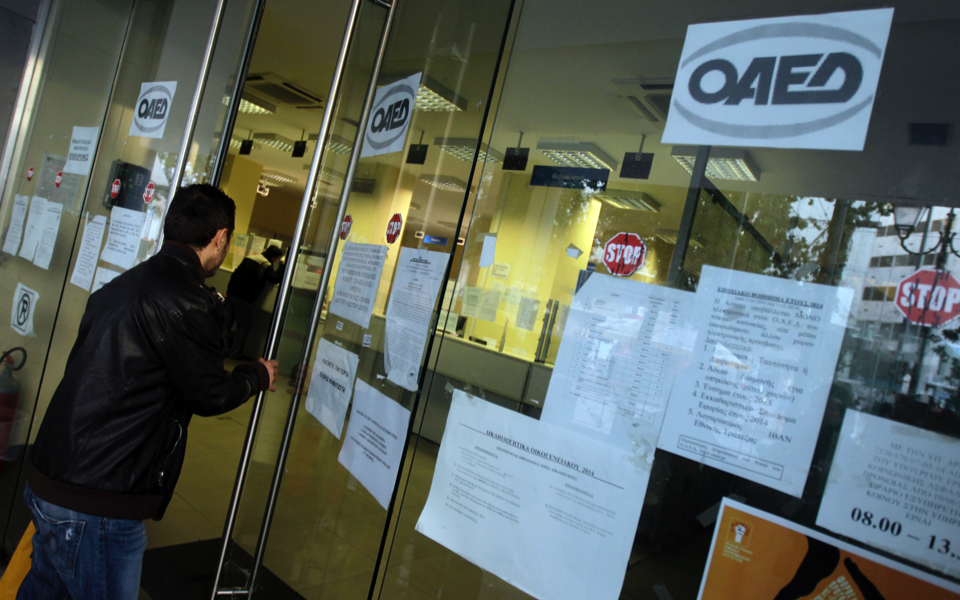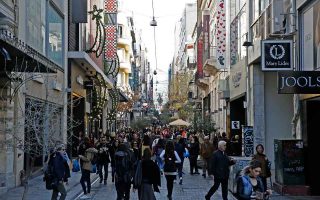Most Greeks remain pessimistic, study shows

Consumer confidence in Greece posted a marginal one-point increase to 68 from the second quarter of the year to Q3, according to Nielsen. This is also up eight points from the third quarter of last year, but the improvement does not mean Greeks have caught up with the rest of Europe, where the average rate index has risen to 87 points.
The vast majority of Greeks remain pessimistic about the country’s economy as well as their own household’s financial situation, while crime has also risen among their concerns.
Nielsen found that 73 percent of Greeks believe the country remains in an economic recession, down from 82 percent in the third quarter of 2017, with a similar share of respondents saying that they thought the economy would not emerge from its crisis in the next 12 months.
The Greeks have the highest level of job insecurity in Europe, with 32 percent worried about their work. This is followed by concerns about the economy (28 percent), their personal health (26 percent) and household debts (23 percent), while 12 percent are now worried about crime, against a European average of 7 percent.
The slight economic growth and the small increase in consumer confidence do not entail a rise in disposable incomes, with seven in 10 saying they are still trying to cut spending.





